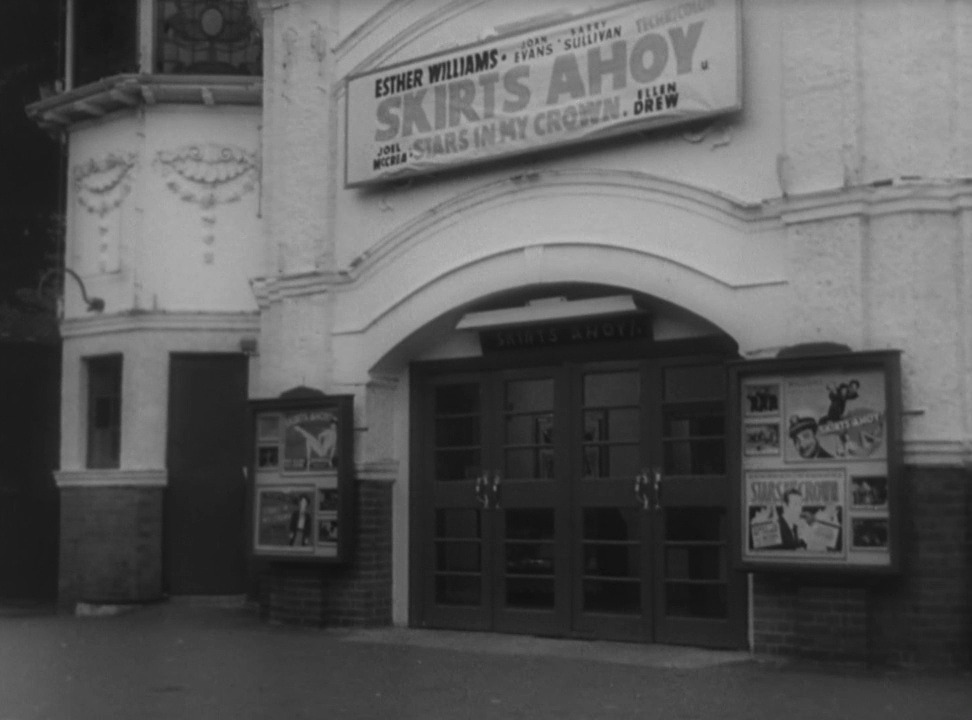Hollywood Orientalism involving Iran#1: The Lady of the Harem
A lost silent from 1926, produced by Paramount, directed by Raoul Walsh.
"Jesse L. Lasky announced that The Lady of the Harem has been selected as the title for the Paramount picture which, under the working title of "The Golden Journey," Raoul Walsh has just made from James Elroy Flecker's play Hassan. The new title is considered exceptionally appropriate, as the story deals largely with the lavish harem of the Caliph of Khorasan, Persia, during the twelfth century.
"Featuring Ernest Torrence, Greta Nissen, William Collier, Jr., and Louise Fazenda," said Mr. Laskey, "The Lady of the Harem will be one of the most colorful and sensational pictures ever produced by this company. Mr. Walsh, who directed The Wanderer and The Thief of Bagdad has filled this new spectacle with all the colorful atmosphere of the East and I am confident that this production will receive an even greater reception than was accorded The Wanderer." [From Moving Pictures, 1926]











